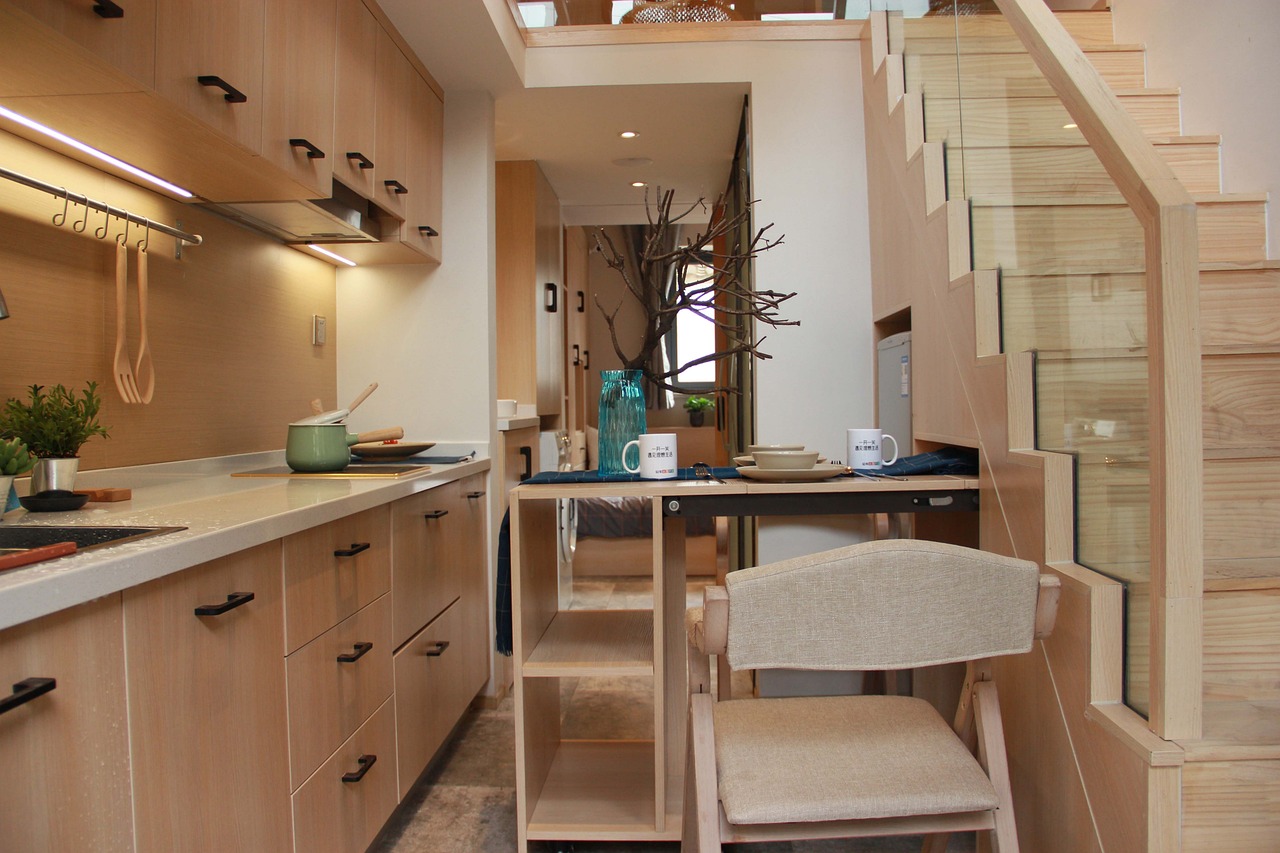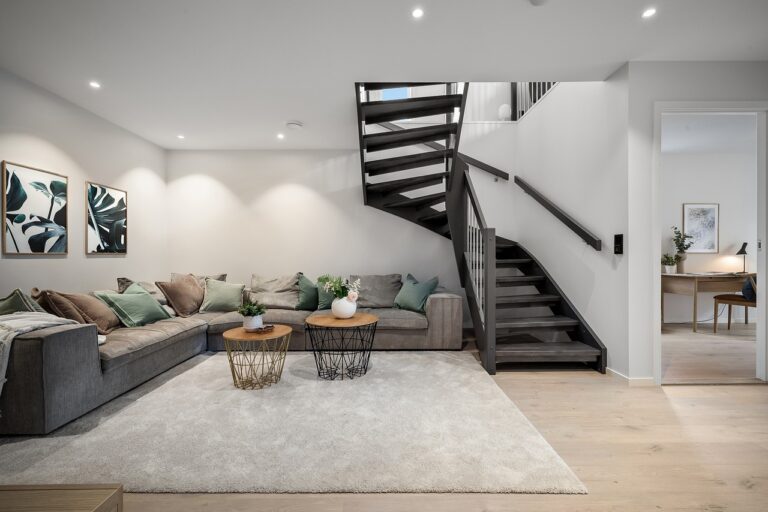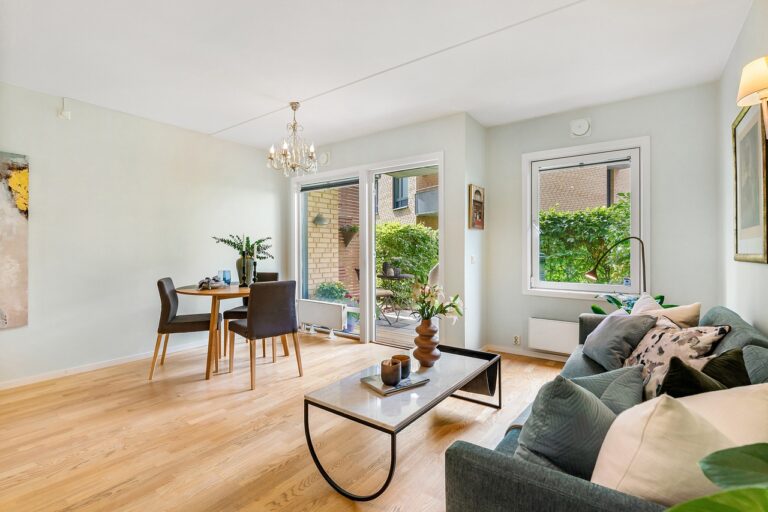The Benefits of Dual-Zone Ventilation Systems: Laser book 247 login password, Lotus299, 11xplay pro
laser book 247 login password, lotus299, 11xplay pro: Dual-zone ventilation systems are becoming increasingly popular in homes and commercial buildings, offering a variety of benefits for occupants and property owners alike. These systems allow for different areas or zones within a building to have independent temperature control, which can lead to improved comfort, energy efficiency, and overall indoor air quality.
Improved Comfort
One of the primary benefits of dual-zone ventilation systems is the ability to customize the temperature in different areas of a building to suit individual preferences. This means that occupants can set their preferred temperature in their living spaces without affecting other areas of the building. For example, if someone prefers a cooler temperature in their bedroom at night, they can adjust their zone accordingly without impacting the rest of the building.
Energy Efficiency
Dual-zone ventilation systems can also lead to significant energy savings by allowing for more precise temperature control. Instead of cooling or heating the entire building to accommodate everyone’s preferences, these systems only need to adjust the temperature in specific zones. This targeted approach can help reduce energy consumption and lower utility bills, making it a more cost-effective option in the long run.
Improved Indoor Air Quality
In addition to temperature control, dual-zone ventilation systems can also help improve indoor air quality by allowing for better ventilation in specific zones. This can help remove pollutants, allergens, and other contaminants from the air, creating a healthier and more comfortable indoor environment for occupants. By controlling airflow and ventilation in different areas, these systems can also help prevent the spread of odors and maintain a fresh and clean atmosphere throughout the building.
Increased Control and Flexibility
Another benefit of dual-zone ventilation systems is the increased control and flexibility they offer to occupants. With separate temperature controls for different zones, individuals can have greater autonomy over their comfort levels and create personalized environments that suit their needs. This can be particularly beneficial in buildings with varying occupancy levels or usage patterns, where different areas may require different temperature settings at different times.
Quieter Operation
Dual-zone ventilation systems are typically designed to operate more quietly than traditional HVAC systems, providing a more peaceful and comfortable indoor environment for occupants. This can be especially advantageous in residential settings, where noise levels can impact overall comfort and satisfaction. By reducing noise pollution, these systems can create a more serene and pleasant living or working environment for occupants.
Enhanced Property Value
Lastly, dual-zone ventilation systems can add value to a property by increasing its desirability and market appeal. Potential buyers or tenants may be attracted to the convenience, comfort, and energy efficiency benefits that come with these systems, making the property more attractive in a competitive real estate market. By investing in a dual-zone ventilation system, property owners can potentially enhance the value of their property and position it as a more attractive option for prospective occupants.
FAQs
Q: Can I retrofit a dual-zone ventilation system into my existing HVAC system?
A: Yes, dual-zone ventilation systems can often be retrofitted into existing HVAC systems with the help of a qualified technician. However, the feasibility and cost of the retrofit may vary depending on the specific layout and design of the building.
Q: Are dual-zone ventilation systems more expensive than traditional HVAC systems?
A: While dual-zone ventilation systems may have a higher upfront cost than traditional HVAC systems, the potential energy savings and increased comfort they offer can make them a cost-effective long-term investment.
Q: How do I know if a dual-zone ventilation system is right for my building?
A: Consult with a qualified HVAC professional to assess your building’s layout, occupancy patterns, and comfort requirements. They can help determine if a dual-zone ventilation system is a suitable option for your property and provide guidance on the best system for your needs.







